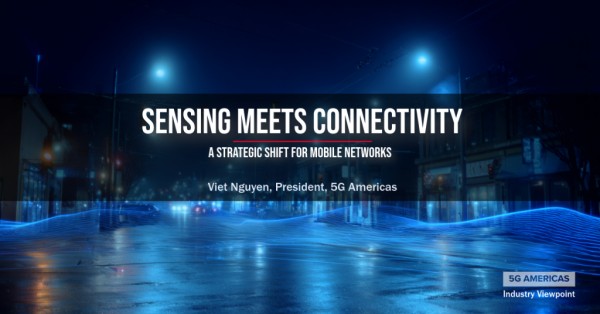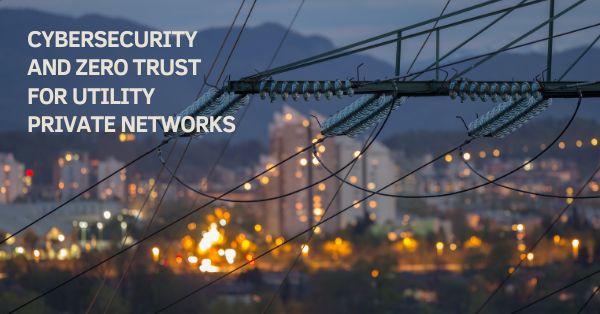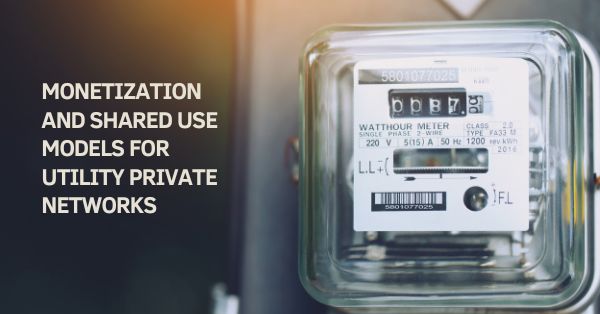Portugal’s Council for Cybersecurity (CSSC) is poised to release a resolution that might effectively exclude telecommunications operators from using Chinese tech in their advanced 5G mobile networks as well as the foundational 4G platforms.
The CSSC, a consultative body to the Prime Minister, drafted a document on May 23, which adds another hurdle to Huawei’s bid to penetrate the 5G market in Portugal and potentially renew existing contracts. According to a law passed in August of the previous year, the government reserves the right to command “the exclusion, limitations on usage, or discontinuation of use of equipment or services” provided by telecom companies. This legislation also establishes the conditions and deadlines for compliance.
There was no immediate commentary from the government.
Portugal’s leading operators, Altice, NOS, and Vodafone, have already indicated that they won’t employ Huawei’s gear in their 5G core networks. This is in line with Europe and the U.S.’ apprehensions that involving Chinese technology in vital infrastructure may jeopardize security, an assertion that Beijing and Huawei have rejected. Portugal’s present 5G networks are non-standalone and largely reliant on 4G equipment and technology.
The CSSC, without explicitly mentioning China or any Chinese providers, pointed out a “high risk” to security posed by suppliers or providers under the control, interference, or pressure of governments that meddle in their activities in third-party nations.
This stance is based on a confidential report that examined the security of equipment employed in public electronic communications networks involving 5G technology.
The council also highlighted security threats associated with countries that don’t have agreements on data protection, cybersecurity, or intellectual property protection with Portugal or the European Union, or aren’t members of the EU, NATO, or OECD.
In a statement, Huawei mentioned that it had “no prior awareness of, and wasn’t consulted about this issue.” It is currently collecting information about “the nature of the assessment” and expressed its hope to continue serving clients in Portugal. Europe is turning into a tech battlefield amid the rivalry between Beijing and Washington, and if Huawei is excluded, European rivals Ericsson and Nokia could establish a supplier duopoly.

























